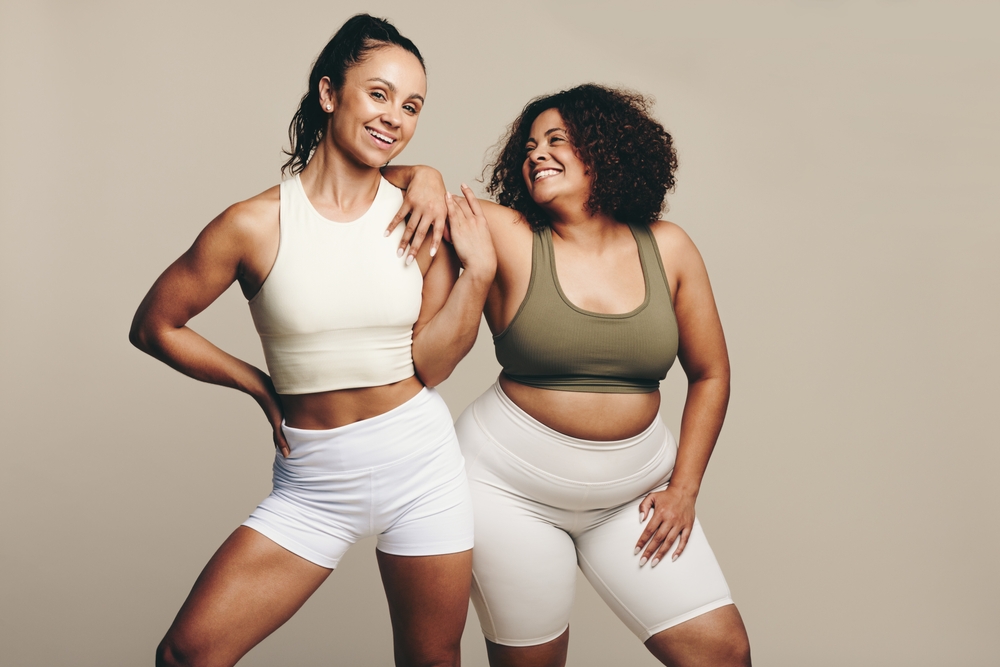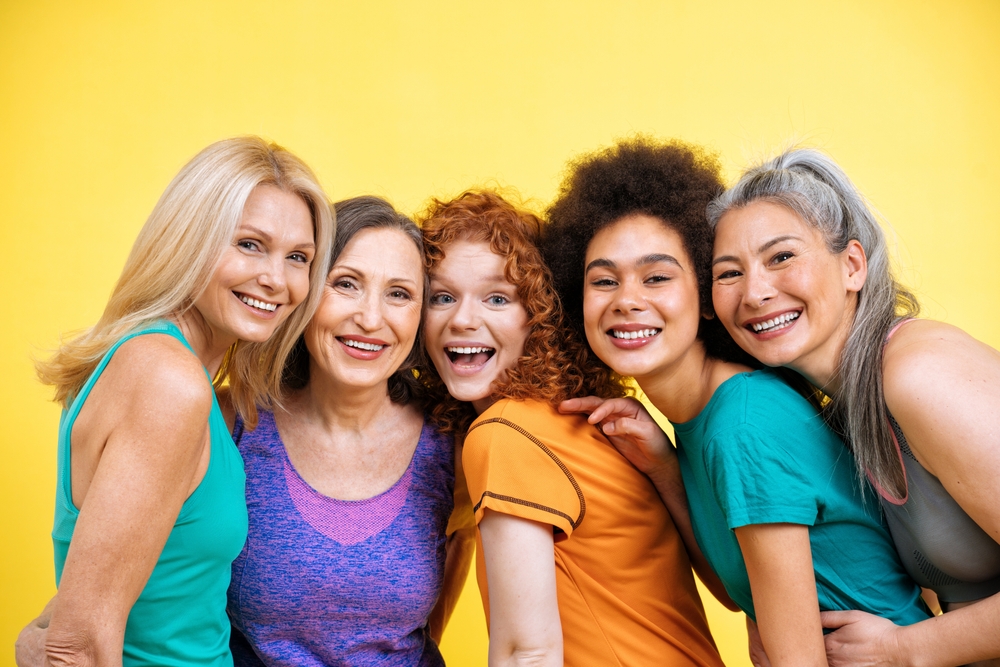A seismic shift is taking place in the dynamic field of fitness—one that values diversity in body types and shapes and acknowledges the necessity of inclusivity. The fitness industry is waking up to the need for an environment that accommodates everyone, regardless of physical appearance, as society continues to redefine conventional norms. This article explores the diverse strategies for advancing inclusivity in the fitness industry, highlighting the importance of customized fitness journeys and the critical role of body positivity.
Questioning Typical Beauty Standards
Many people who don’t fit this narrow definition of beauty have been unintentionally left out due to the historical association of fitness with a particular set of standards. A critical first step in promoting inclusivity is to question and demolish these established norms. It becomes crucial to celebrate and exhibit a wide range of body types in order to highlight the idea that building a robust, resilient, and healthy body is more important to fitness than conforming to social norms that frequently reinforce irrational expectations.

Promoting a Positive Body Culture
The body positivity movement is leading the way in the push for inclusivity in fitness. This way of thinking fosters a healthy relationship with one’s body by encouraging people to accept their individual qualities and reject the idea that there is a single, ideal that everyone should aspire to. When fitness is viewed through a body-positive lens, it becomes a journey unencumbered by the constant pursuit of an unattainable aesthetic standard and focused on improving general well-being and enjoying the process. Encouraging body positivity creates the groundwork for a fitness community that is more welcoming and encouraging.
Customized Exercise Adventures
Genuine inclusivity recognizes and honors the individuality of every person’s body, appreciating their varied needs, capacities, and aspirations. Offering individualized fitness programs that take into account these unique differences is the key to fostering inclusivity in the fitness industry. Fitness professionals are essential to this paradigm shift because they employ strategies that are tailored to the unique needs, preferences, and obstacles of each client, rather than using a one-size-fits-all approach. Individualized training programs guarantee that everyone can participate in physical activities that align with their goals and abilities.
Building Fitness Areas That Are Accessible
Fitness facilities must be available to all individuals, regardless of their size or shape, in order for inclusivity to become a reality. This entails making certain that facilities and equipment meet a range of needs, fostering an atmosphere where people feel supported and at ease while working out. It is imperative that fitness spaces prioritize inclusivity in order to remove obstacles that might deter individuals from engaging in physical activities that have a substantial positive impact on their general well-being.
Adding Variety to Exercise Programs
Diversifying fitness programs to accommodate a wide range of interests, abilities, and fitness levels is essential to fostering inclusivity. Ensuring a diverse range of classes and activities guarantees that each person can find a workout that suits them. A sustainable and pleasurable approach to fitness is fostered by the variety of programs offered, which include yoga, strength training, dance, and low-impact workouts. This diversity not only encourages participation but also helps people find activities they truly enjoy.
Teaching Fitness Industry Professionals
The education of fitness professionals is essential to advancing inclusivity in the fitness industry. Training curricula need to change to include modules on inclusive coaching techniques, body diversity, and cultural sensitivity. It is crucial to give fitness instructors the information and abilities they need to foster an environment that is encouraging and welcoming. This guarantees that people of all sizes and shapes feel not only accepted but also inspired to pursue their fitness goals.
Celebrating Non-Physical Achievements
Success in an inclusive fitness culture is not limited to physical changes or meeting predetermined aesthetic standards. Non-physical accomplishments, like better mental health, more energy, or an improved quality of life overall, should be honored. By broadening the definition of success, we highlight the all-encompassing advantages of consistent physical activity, elevating fitness to a positive and attainable goal for people of all shapes and sizes.

Conclusion
Encouraging diversity in body types and sizes and promoting inclusivity in fitness is a continuous process that will lead to a more friendly and encouraging atmosphere. This movement places a strong emphasis on individualized fitness journeys, body positivity, and challenging conventional beauty standards. We can develop a fitness culture that recognizes and values each body’s individuality by making spaces accessible, broadening the scope of fitness programs, training fitness professionals, and honoring non-physical accomplishments. By doing this, we not only increase the accessibility of fitness but also help to build a more welcoming and strong fitness community.



